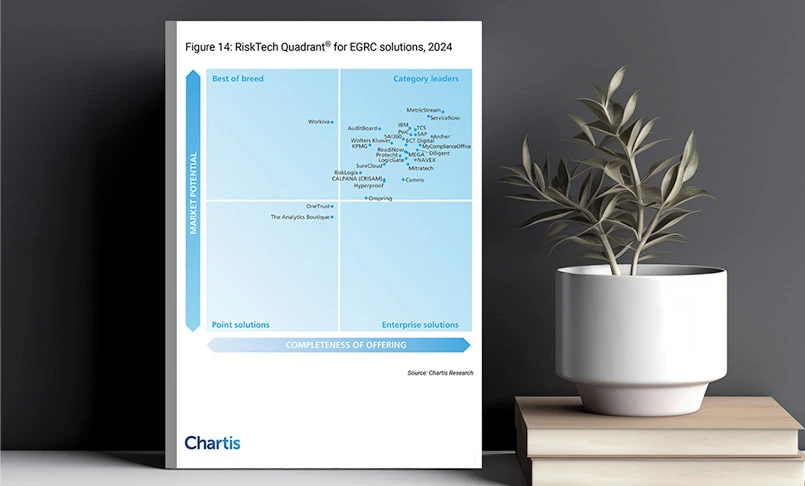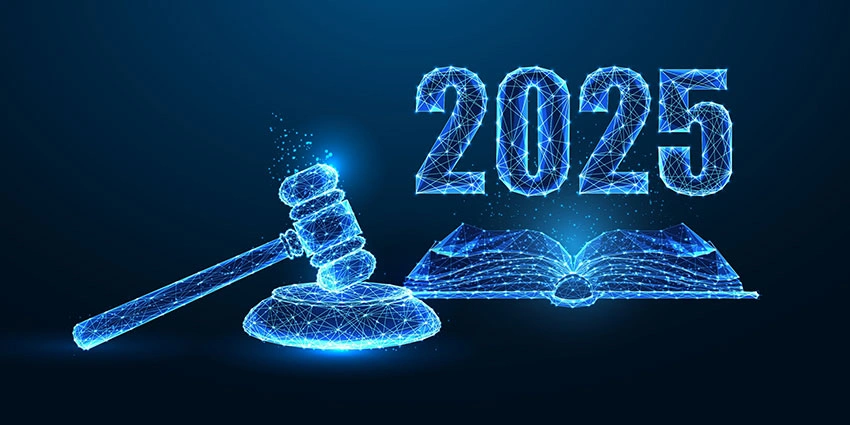“Survival of the fittest” is not the same as “strong” in business resilience
- GRC
- 11 August 20

Introduction
“Survival of the fittest” is an expression we have heard for a long time. It is an expression that underlines nature’s law of survival instinct, ingrained in every life form. A deer runs faster than a tiger and can easily outrun the predator, but it all boils down to the planning, agility and timing of the tiger, while the deer’s survival depends on its awareness, agility and focus.
Brute force and strength can only help to an extent. Constantly looking behind while being chased by the tiger reduces the deer’s speed and the lack of focus results in the fastest among the two succeeding. We can learn a great deal about planning, execution, continuity and resilience from nature and everyday things around us. In my personal experience and opinion, it’s about the importance of having the right combination of:
- (ARIA)
- Awareness
- Readiness Innovation and
- Adaptability that can all help us to become truly resilient in the face of uncertainty when mere brute-force is not enough to pull through.
Power vs flexibility (or both)
It’s not how strong an organization is or the position of power and dominance that a firm holds in the market, it’s about how flexible you are to adapt to change and embrace the vision of the future. We can find numerous examples of strong and dominant giants who fell to their knees and eventually vanished, all because they could not fathom that the future could be any different than what they perceived it to be: Kodak, Lehman Brothers, Blockbuster and MySpace, to name a few. Ignorance of what may seem like a minuscule risk can turn out to be the very reason for one’s extinction.
Risk mitigation vs opportunity (or both)
Today, identifying, acknowledging and taking measures to mitigate a risk or minimize the impact it can cause is not only essential to survive and thrive, but can also present opportunities to scale and achieve far greater success. We can also find examples of serendipitous inventions arising from critical risks or reputation damaging incidents: the invention of Raytheon’s microwave ovens, Pfizer’s Sildenafil Citrate and Post-it Notes, to name a few.
Uncertainty vs knowing the unknown – the agile way
Past learnings from disruptive innovations, economic meltdowns and now the global pandemic have proven, time and again, that every blue chip and unicorn is vulnerable and can fall from grace if they lack ARIA. The true strength of an organization is beyond its current market status and the perception of how they see themselves in the future. Uncertainty is no longer an “if” phenomenon and may continue to be outside of our ability to predict all curveballs.
The best that can be done is to be prepared and open toward “knowing the unknown” because acknowledging and identifying a problem or gap is winning half the battle. Who would have thought that the adoption of video conferencing/meeting platforms – and the shift to Working from Home – could send the revenues of top airlines companies plummeting? These are not even competitors from the same industry. Therefore, awareness of the ever-evolving landscape in the technology space is far more critical today than it was a couple of decades ago.
Agile sales force is the key to building resilience
As a sales leader and a GRC professional, I find that ARIA has been extremely critical for business continuity and being resilient in the face of uncertainty. Safety of your salesforce (workforce) is of utmost importance. The COVID-19 global pandemic has posed new challenges as the dynamics have shifted to higher dependency on the effectiveness of more remote and virtual interactions. Suddenly, picking up a phone to get through to a prospective client is no longer the ideal way to go. Significance of precision and articulation of email messaging now play a critical role in determining whether you will get that meeting with a prospective client.
Business development and sales reps need to sharpen and develop skills to keep their remote conversations engaging, as you no longer have the advantage of an in-person (face-to-face) communication. Remember, necessity is the mother of all inventions, and a new way of selling might emerge, which might prove more successful. It’s important to get your team well-prepared and navigate as change comes.
Keys to building a successful and resilient sales organization include:
- A continuous learning process which evolves in the changing market environment;
- A combination of art and science with a data driven approach;
- Being proactive in quickly assessing resources, required support and technology, enablement plans and appropriate policies to seamlessly move your salesforce to work remotely;
- Being agile and flexible to lower any impact of transition; and
- Building empathy along with a sales message.
During these difficult times, with the right approach, we can create advocates as well as customers as everybody is looking to each other for direction. It is a perfect time to influence in the right way beyond the transactions of your products and services.
While we are still getting used to the “new normal”, we have successfully been able to take initial steps in the direction that could very well be a new, widely accepted model in the way we do business today.
So, whether you identify as a “tiger” or a “deer”, your survival and success may be dependent on ARIA and how fit you are to handle risks without breaking or falling prey to your own strength.







